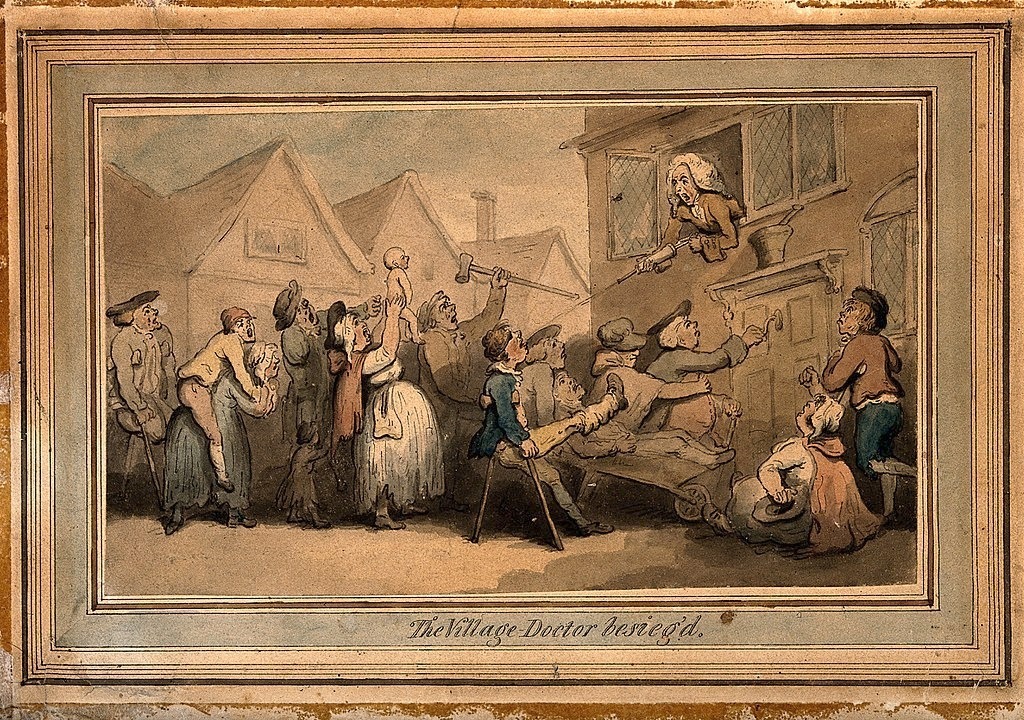
mob late 17th century: abbreviation of mobile, short for Latin mobile vulgus “excitable crowd”
Politicians like to recycle words that stir the pot. In October, home secretary Suella Braverman did just that in her “plan for law and order” speech, when she said: “We need common sense policing. Unashamedly and unapologetically on the side of the law-abiding majority. That means that the mob needs to be stopped.” She later strung together a stream of invective: “Guardian-reading, tofu-eating wokerati”. The two speeches together show the level of hostility she feels for specific groups of people – as does the context of the word “mob”.
Before it was used to refer to a disorderly crowd, “mob” was an alternative to “mab”, meaning a “sluttish” or “promiscuous woman”. Recall Mercutio’s ironic speech about Queen Mab in Romeo and Juliet. By 1688, when the playwright Thomas Shadwell used the word in his play Squire of Alsatia, a pun had been made by abbreviating the Latin phrase mobile vulgus (the moving crowd) to “mob”.
The French Revolution inspired Edmund Burke, the historian most horrified by the turmoil in Paris, to use the word “mob” to describe events that had occurred closer to home: Britain’s Gordon Riots, which saw several days of looting and chaos in the capital, motivated by anti-Catholic sentiment. Leap forward to our own times, and the Daily Mail is writing about people facing the police in Brixton in 1981 as “the mob”.
In one syllable, “mob” reduces a group of diverse human beings into a single out-of-control mass. It dehumanises them and presumes they have no
legitimate reasons for being in the street. From a
linguistic point of view, it’s also convenient for combining with other words: mob rule, mob action, mob psychology or mob violence.
One puzzle remains in the case of Braverman. Her law and order speech went on to lambast “protestors who use guerrilla tactics and bring chaos and misery to the law-abiding majority.” But are these the same people reading the Guardian and eating tofu? “Tofu-eating mob” – would that be a vote-winner?
This piece is from the New Humanist winter 2022 edition. Subscribe here.

